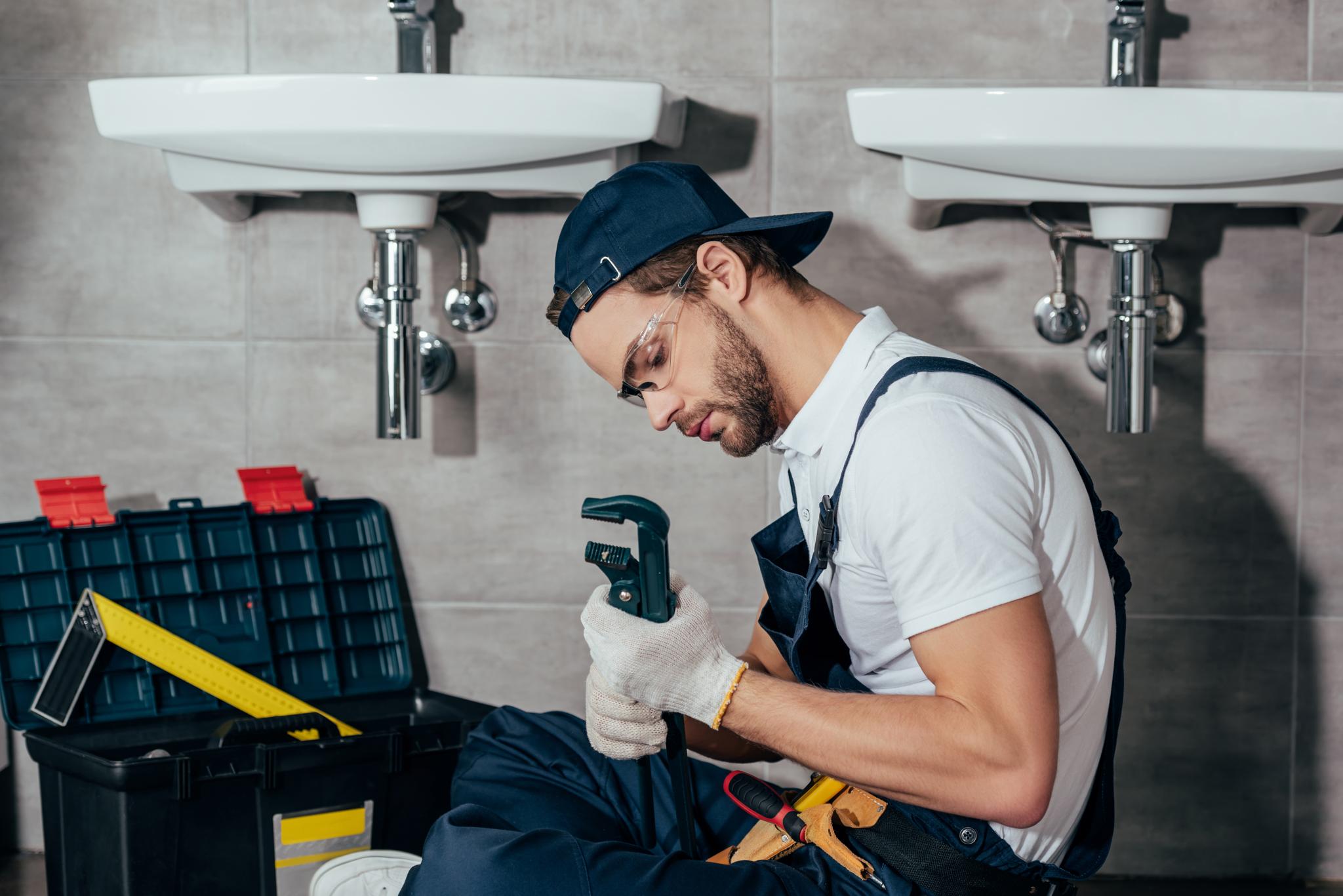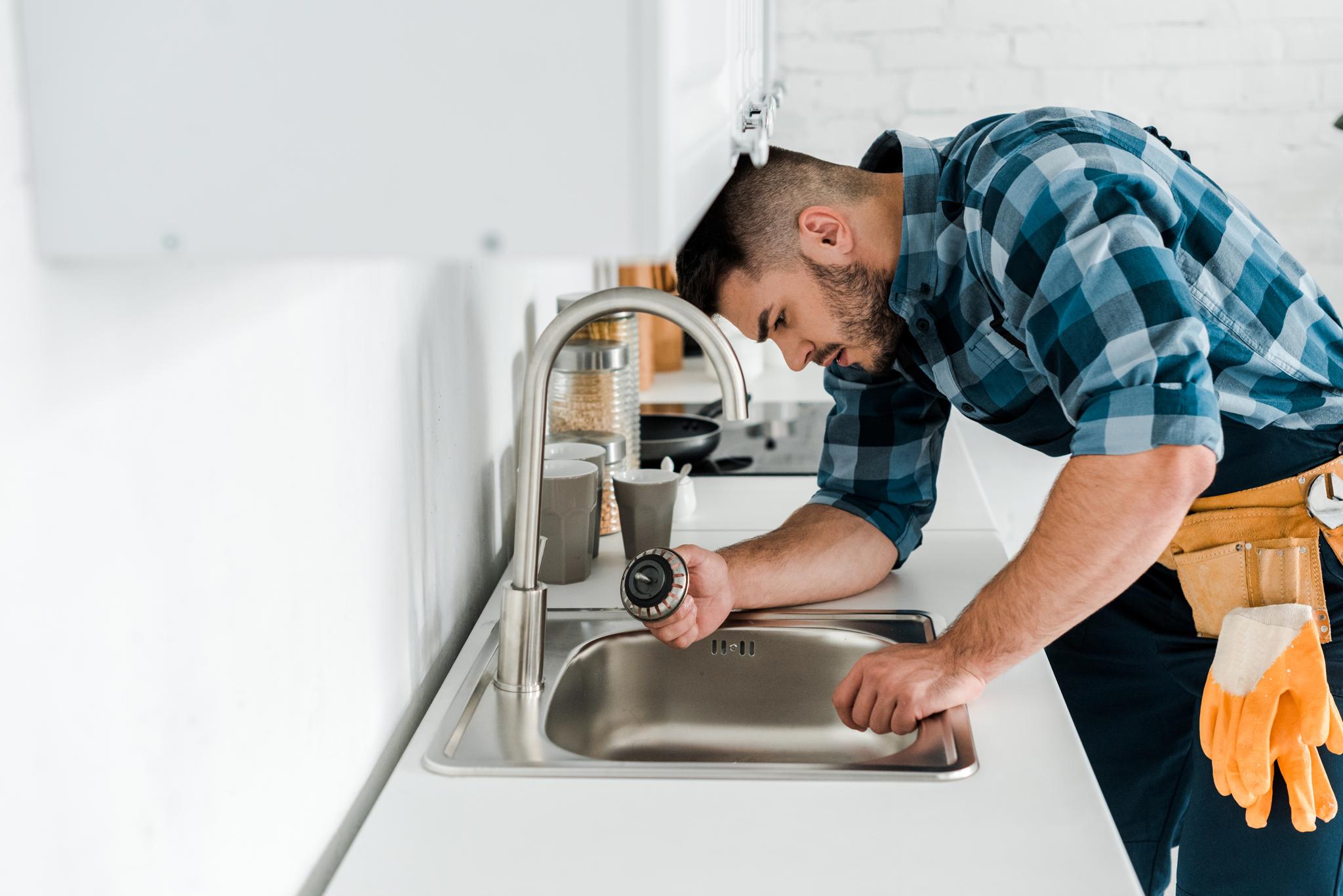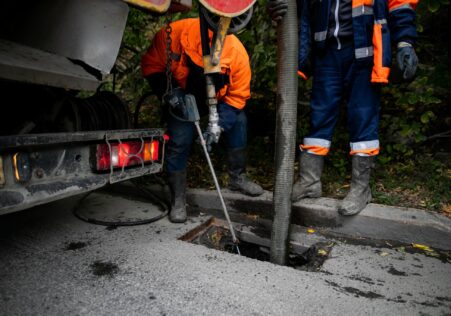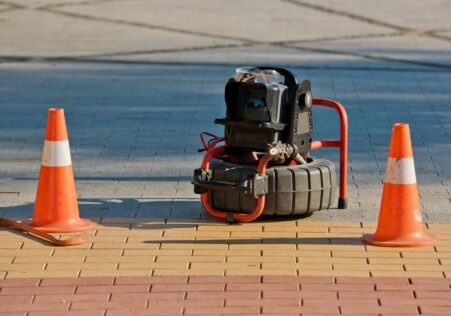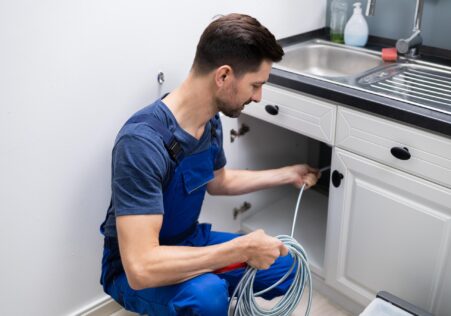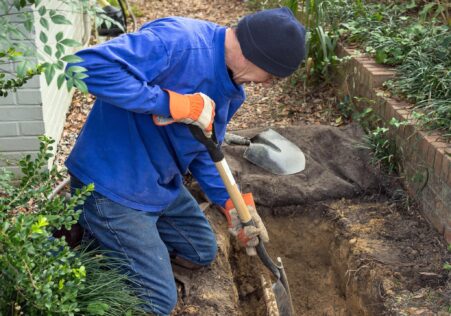How to Keep Your Drains Clean and Prevent Future Blockages
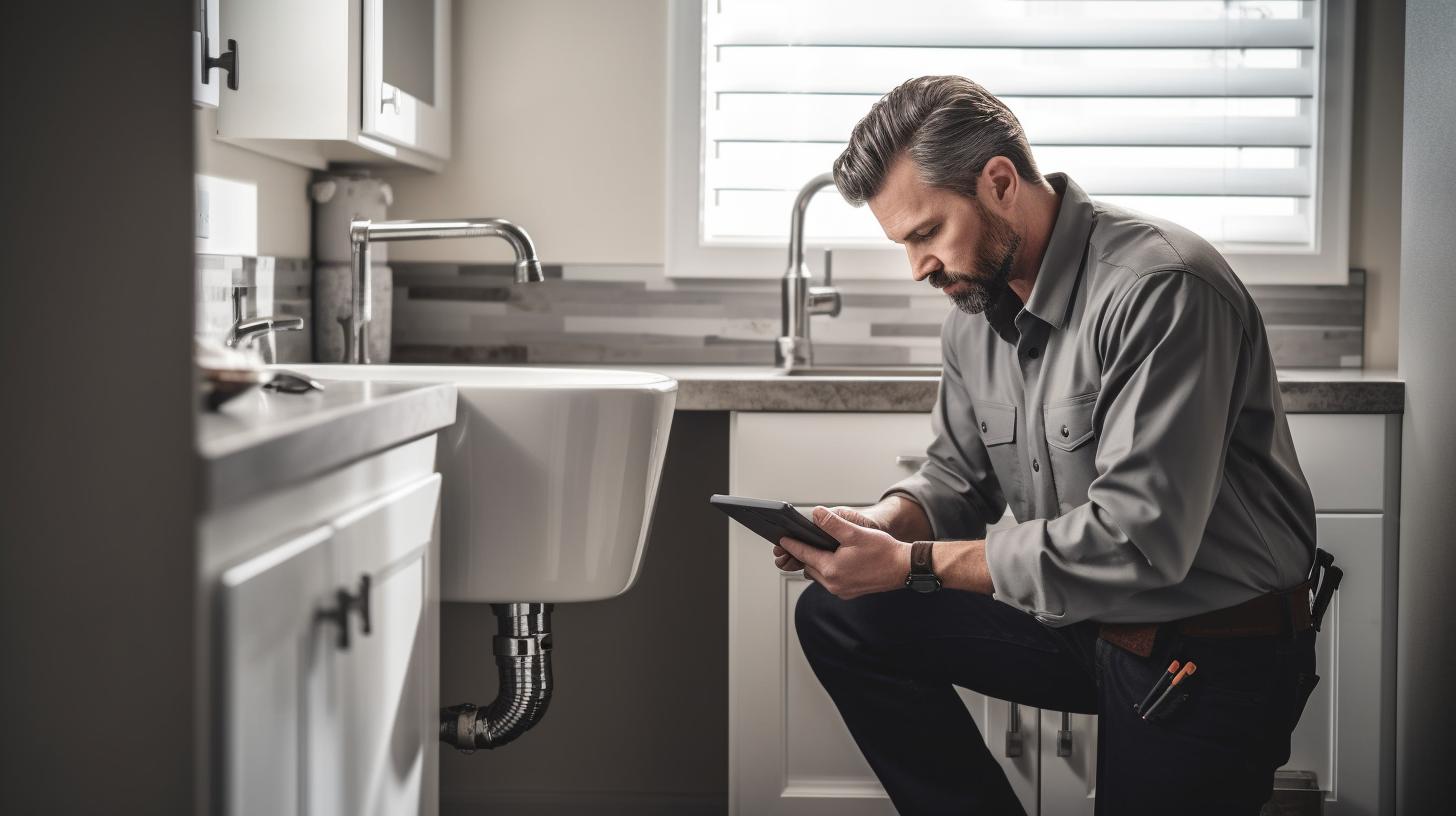
Are you fed up of dealing with clogged drains in your home or office? Are you interested in learning how to prevent future blockages and ensure that your drains are clean? This article we’ll discuss some tips and tricks to help you maintain healthy drains. We will also discuss why it’s crucial to hire professionals such as Sydney Blocked Drains Plumber for the job.
Key Takeaways
- The most common causes of blockages to drains include soap scum and hair buildup, food waste adhering to grease buildup, toiletries flushed into the toilet, such as baby wipes products for feminine hygiene, cotton swabs or floss as well as tree roots that grow into pipes in the outside of the house.
- Make use of a strainer or a hair catcher in the drain’s opening to keep hair or food waste from running down the drain.
- Be sure you properly dispose of your kitchen trash by dumping food scraps into an organic compost bin or a trash bag, rather than washing them down the drain.
- Perform regular maintenance cleaning by pouring boiling hot water slowly down your shower, sink or tub drains at least once each week after they’re free of debris.
- Make equal portions of vinegar and baking soda, then add it to the drain’s opening. This is an effective method of removing the grease buildup forming on sewer pipe walls, which can cause blockages. Wait 30 minutes and then pour hot water into the drain.
- Contact Sydney Blocked Drains Plumber for help with regular maintenance of the septic tank, sewer system or pipes in the outside of your home to ensure they’re working properly and efficiently.
- Do not use drain cleaners that contain chemicals as these can damage the pipes over time and endanger the environment.
- Avoid flushing non-decomposable items like cotton swabs, paper towels dental floss, feminine hygiene products down your toilet as this may cause expensive repairs to sewers or in septic tanks.
- Be aware of unusual smells coming from drains. Pay attention to unsteady drainage, gurgling sounds or any other unusual behavior that might indicate a clogged drain that needs immediate attention.
Common Reasons for Drain Blockages
Before we begin to discuss the dos and don’ts, it’s crucial to understand the reasons behind drain blockages initially. Here are a few of the common causes:
- The buildup of soap and hair in the bathroom drains
- Food waste sticking in grease the buildup of kitchen drains
- Toiletries flushed down the drain like baby wipes, cosmetic hygiene, dental floss or cotton swabs
- Tree roots expanding into pipes outside the house
These elements can cause severe damage over time if not taken care of. Fortunately, there are ways to tackle each of them and keep your drains flowing easily.
Dos
1. Use a hair catcher
A hair catcher or strainer can be placed over the drain’s opening. It prevents food or other waste from going down the drain. Be sure to wash them on a regular basis.
2. Properly dispose of kitchen garbage
Place food waste in your compost bin or trash bag, instead of flushing them down the drain. Rinse dishes using hot water after washing them.
3. Conduct regularly scheduled maintenance cleaning
Every week, pour boiling water slowly down your sink, shower or the tub drain openings. Keeping them reasonably clear. This will keep material accumulation from clogging the drain completely.
4. Use baking soda and vinegar
Mix equal amounts of vinegar and baking soda (usually half a cup each) and slowly put it into the drain opening to create an effective method of removing the grease accumulation on the walls of sewer pipes that create obstructions. Wait 30 minutes and then pour hot water into the drain.
5. Get a professional to help you.
Employ a skilled plumber like Sydney Blocked Drains Plumber to perform regular maintenance of septic tanks, sewer lines or pipes outside the house to ensure they are working properly and effectively.
Don’ts
1. Don’t use chemical drain cleaners
Chemical drain cleaners can cause damage to pipes over time. They may also be harmful to the environment. They may also be hazardous when used in conjunction with other products for cleaning.
2. Don’t flush non-decomposable items in the toilet.
Beware of flushing non-decomposable products into your toilet such as cotton swabs, paper towels or dental floss, as well as feminine hygiene products because they will not break down naturally and will instead cause expensive repairs in the sewers or septic tanks.
3. Don’t ignore warning signs
If you are noticing unusual drainage smells, slow drainage, gurgling sounds or other unusual activity this could be a sign of an obstruction in the drain that requires immediate attention.
| Do’s | Don’ts |
|---|---|
| Use a strainer or hair catcher | Use chemical drain cleaners |
| Properly dispose of kitchen waste | Flush non-decomposable items down the toilet |
| Perform regular maintenance cleaning | Ignore warning signs |
| Use baking soda and vinegar | |
| Call a professional like Sydney Blocked Drains Plumber for help |
Common Questions and Answers
When should I clean my drains?
It is recommended to cleanse your drains at least every between six and a year. If you notice a slow draining or a foul odor emanating through your pipe, it is best to act as soon as you can.
Are there any DIY ways to clean my drains?
There are several alternatives to try at home including pouring boiling water down the drain, making use of vinegar and baking soda or using the plunger. Be cautious about what materials and substances you use to drain your water and stay clear of anything that could cause harm or damage to the plumbing system.
Can I prevent the occurrence of blockages of my drains?
Regular inspections of your pipes will aid in preventing future blockages. Avoid flushing foreign objects into the toilet, regularly clean hair out of shower drains and install the sink strainer to collect food scraps prior to letting them go into the drain.
When should I call to speak with a plumber who is professional?
When you’ve tried DIY solutions but you’re still experiencing slow-moving drains and clogs, it’s recommended to call an expert plumber for further assessment as there may be issues underlying that need to be resolved.
My drains are always clogged is this the sign of a larger problem?
Clogged drains that are frequent can indicate more serious problems, like tree roots infiltrating the pipes or collapsed pipes within the plumbing system. In these instances you should contact an experienced plumber such as Sydney Blocked Drains Plumber who can assess the problem properly and recommend the most effective course of action.
In the end, maintaining healthy drains is vital for any workplace or home. Use these guidelines immediately to prevent blockages from occurring and allow your drains to flow freely. Keep in mind that professional assistance is just an email just a phone call away. For more details on our plumbing services such as unblocking drainage pipes CCTV drain inspection pipe relining and general plumbing maintenance, contact Sydney Blocked Drains Plumber at # ###-###-#### or visit our website for more information. [(click here)] (https: //www. example.com/)
Additional Information
- Simple Solutions for Clearing Out Clogged Drains at Home
- DIY Tips for Unclogging Your Shower Drain Without Harsh Chemicals
- Why CCTV Drain Inspections Should Be Part of Your Regular Maintenance Routine
- Stop clogs easily with these incredible remedies
- Uncovering the Main Causes of Blocked Drains
- Problems with Blocked Drains: Plumbing Solutions & Tips
- Upgrade Your Property's Plumbing System with Pipe Relining
- Discover Why Jetting is the Perfect Solution for Your Blocked Drain Woes
- Ways to Confirm & Detect a Obstructed Pipeline
- Save Future Expenses with CCTV Drain Inspection for Home Buyers


